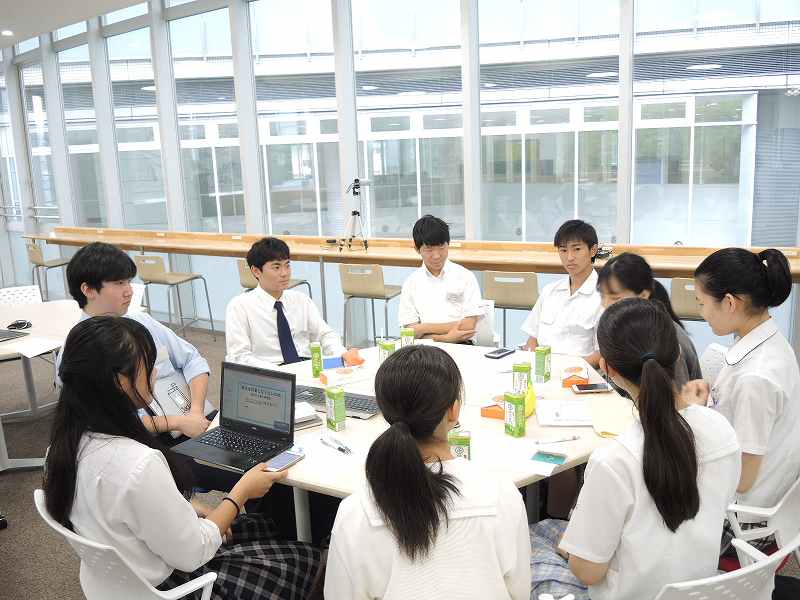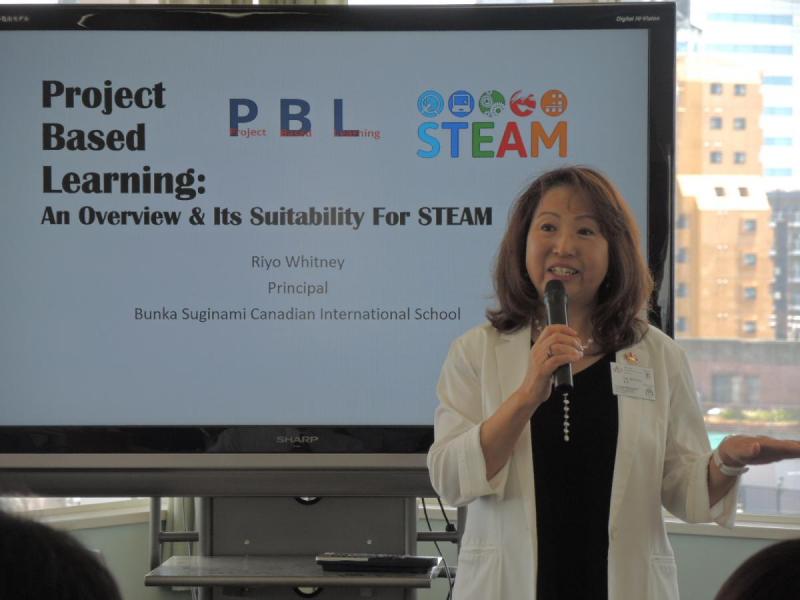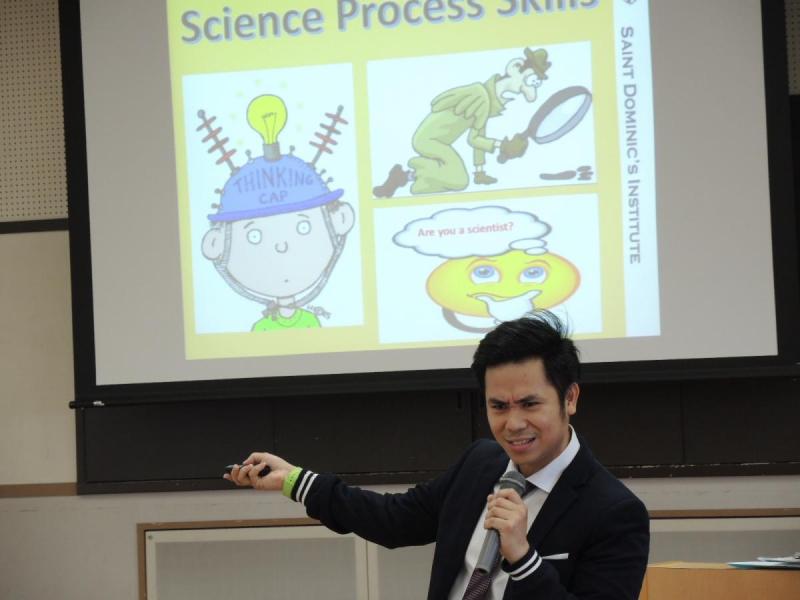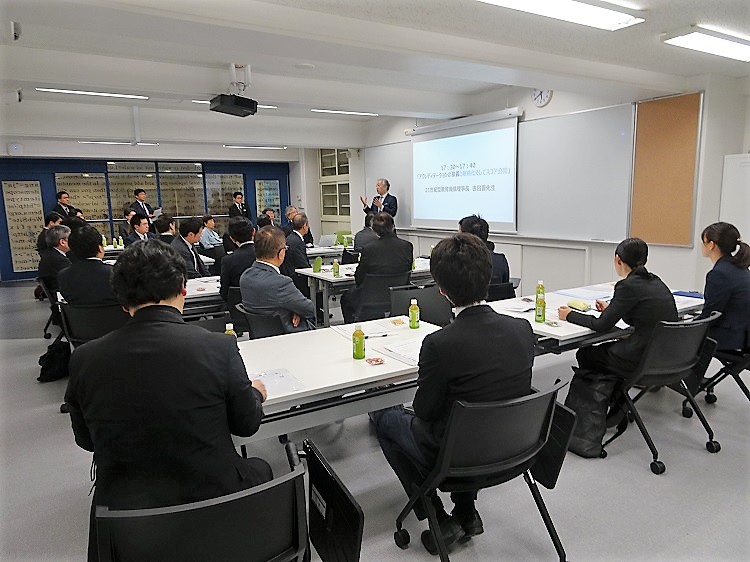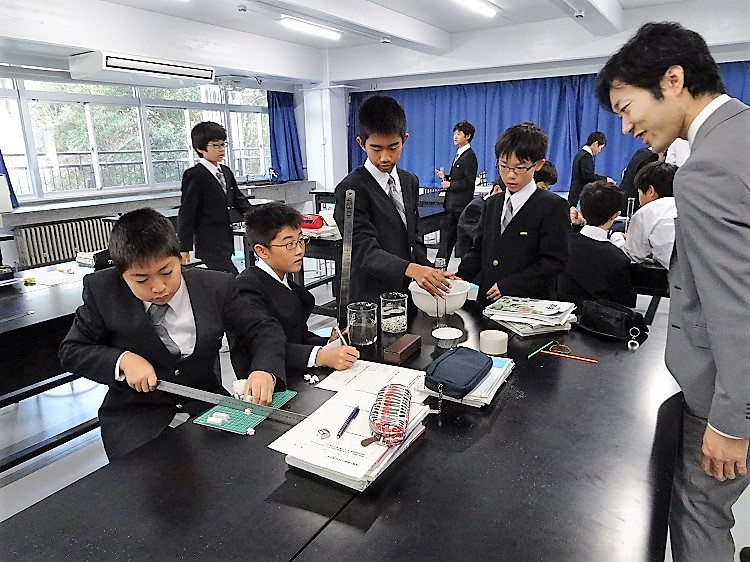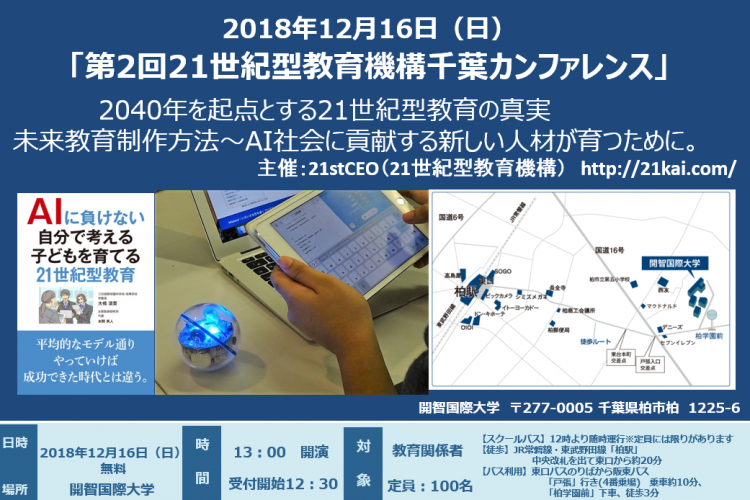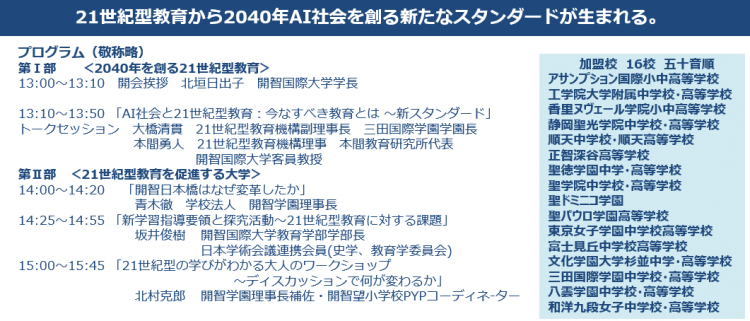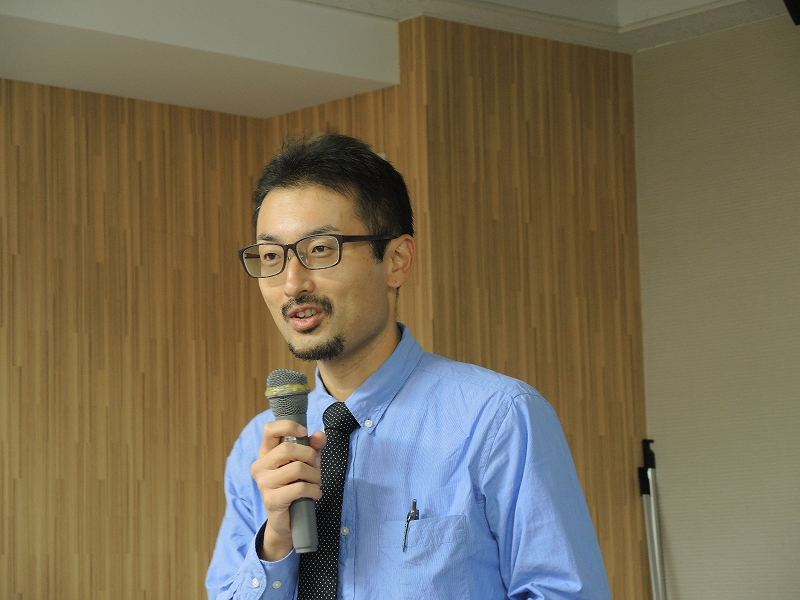The 21st Century Education Organization has had it's third update in 2019. Preparations for the launch of the 21st Century Education Organization 1.0 (named “21st Century Education Association”, commonly known as “21kai”) began in the autumn of 2011. By 2015 all member schools had carried out an educational reform, including programs such as Thinking Entrance Examination, PBL, C1 English, ICT, a modernization of liberal arts, which includes a philosophic way of thinking in STEAM, creation of thinking code (meta-rubric), preperation for international education, and the 21kai common education system.

In 2016 the name was changed to the current "21st Century Education Organization" and the second update took place, as an accreditation to guarantee the quality of the common education system. As a result of a complete implementation in 2017 and 2018 following a preparation period in 2016, the strengths and weaknesses of 21st century education at each member school can be found in the collected data.
This data is based on the idea of empowerment evaluation. The goal is to improve strengths and turn weaknesses into strengths. Therefore each school has had a Growth Mindset workshop with a focus on 21st century education.
Furthermore, teachers from the member schools has had occasional gatherings (so-called "Off-kai"), and a plan was set in motion to create a training course for the 21st century education teachers. Three types of training courses (“Learning Emergence Conference”, “Class Research” and “PBL Training with Emergent Scribing”) were created individually for the member schools.
In 2019 it was decided to open the 21st Century Education and Research Center, as a reaction to the request of sharing training methods across the member schools.
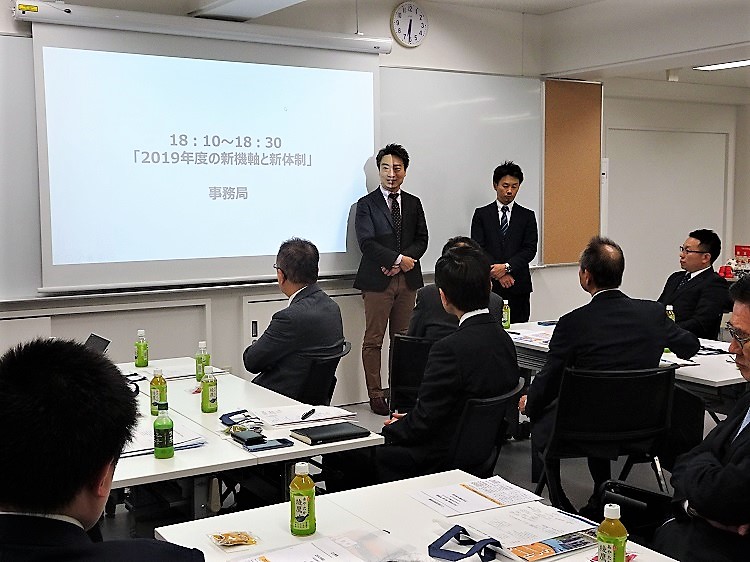
It was announced at the regular meeting last month, that the leaders of the center are Mr. Koura, the director of 21st educational planning department at Seigakuin, and Mr. Tanaka, the Headteacher of Kougakuin. They have practiced the prototype of the previously mentioned training methods of the 21st Century Education Organization for years. As well as they have been working together with several of the member schools to share the results.
Another project, called "Project X Century", is yet to be released.
A greater version of the 21st CEO's Global Education 3.0 is in sight. The 21st CEO 3.0 needs an additional update to complete this version.
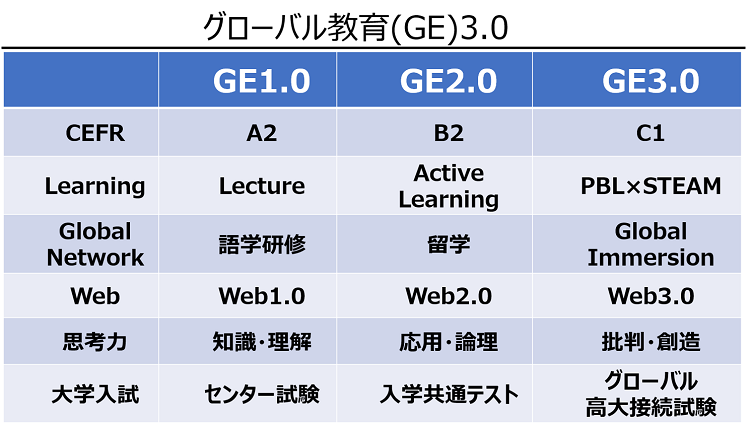
The execution of the system updates should always happen at the same time across the member schools. If not done simultaneously, the self-transformation and improvement will stagnate. The 21st Century Education Organization 3.0 will get launched this year, and will be completed in 2021. Therefore, this update incorporates Global Education 4.0 and the 21st Century Education Organization 4.0, in order to overcome the 2025 problem and get back on track. This journey will be quite long.
"Project X Century" is the preparation for that.
The announcement of the results of the 21st Century Education Center is scheduled for autumn. In May and June, there will be study sessions, by the 21st Century Education Center, for teachers of the member schools. We will continue to offer 21st Century Education Seminars for the general public, but we will also focus on improving the quality of 21st Century Education at the member schools.
Currently the private schools of the Tokyo metropolitan area varies in platforms such as the 21st Century Education Organization, Silicon Valley-type schools, IB schools, distance learning schools, etc.. By inspiring each other, private schools have created dynamism that allows each school to improve the quality of private education. However the schools are still competing for school rankings.
We welcome a new era of "quality" in education, classes, tests and evaluations. Along with this comes an environment, which bring out the talent of each student. We welcome the hope of Japan and the world.
(May 21 ,2019)
